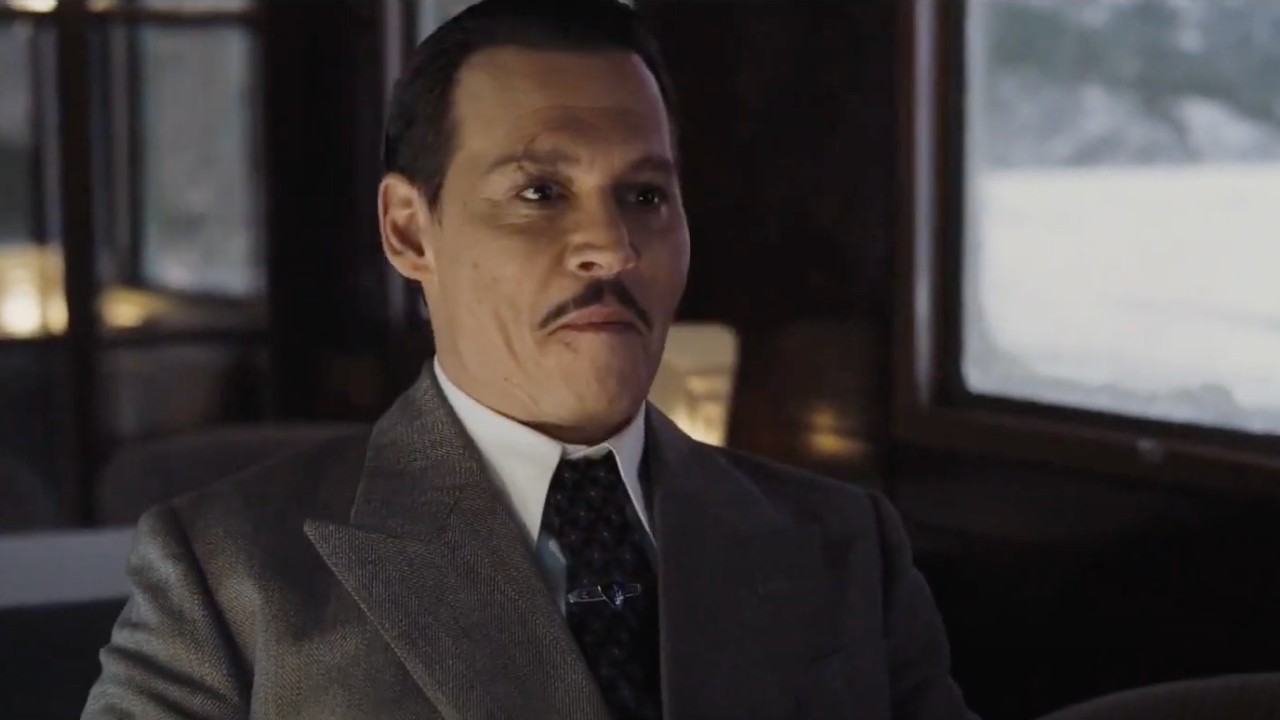Mirror, mirror, on the wall. Who’s the scaredest one of all? Maybe not anyone sampling Oculus, which subscribes more to the psychologically unnerving approach than to cheap (but still effective) jump-scare tactics as it unfolds its disturbing mysteries. Oculus may get under your skin, but it rarely makes you jump out of your seat.
Director Mike Flanagan follows up his underrated 2011 horror thriller Absentia with a possession story that bears striking similarities to Stephen King’s It (and provides filmmaker Cary Fukunaga with a template on how to juggle King’s sprawling text when he attempts that adaptation later this year). Oculus splits its story between two timelines. On one, set in the present day, the grave and dedicated Kaylie Russell (Karen Gillan) reunites with her younger brother, Tim (Brenton Thwaites), as he emerges from a mental health facility. Kaylie reminds Tim of a promise they made when they were kids – a pledge that when they were older, when they were stronger, they would unite to defeat the evil force that may have murdered their parents.
That tragic tale is told in parallel with Kaylie and Tim’s current mission, and Flanagan nimbly dances between both storylines, often interchanging them to keep his audience off guard. The tragedies trace back to a possessed mirror that holds a deep history of lethal accidents. Now it sits in the study of broody Alan Russell (Rory Cochrane) – Kaylie and Tim’s father – and the longer he lingers near it, the stranger he behaves. During a game of hide-and-seek, young Kaylie (Annalise Basso) swears she sees a lady in her dad’s office. Even Alan’s wife, Marie (the wonderful Katee Sackhoff), suspects chicanery with her husband. But no one in the family is prepared for the supernatural evil that possibly resides in the mirror – a force that’s threatening to come out.
I say “possibly” because Flanagan constructs Oculus as a psychological puzzle without easy answers. The mirror – labeled The Lasser Glass as it has been passed down from generation to generation – might be haunted. But Oculus also introduces the very strong chance that Kaylie might be crazy, as an older Tim – thanks to years of therapy – remembers the murders of his parents differently than his sister. And Flanagan’s in no rush to reveal his film’s answers. You’ll be speculating as to the veracity of Kaylie’s claims right up until the last shot of Oculus -- which, in true horror form, leaves the door open to potential sequels. What’s a horror movie without franchise potential, right?
The joy of Oculus, though, is that it’s largely contained to its single story, serving a worthy mythology and dedicating most of its modest resources to investing the audience in this tale (without projecting to future plotlines). As older Kaylie prepares to confront the evil she believes is living in this ancient mirror, she implements a number of preventative measures – alarm clocks; telephone calls that need to arrive every hour, on the hour – and they give Oculus a needed sense of urgency. Things that go bump in the night might not get you in Oculus, but that sharp anchor Kaylie has hanging from the ceiling certainly could.
The power of Oculus lies in its female leads – three generations of red-headed ladies who each bring fiery passion to this slow-burning, demonic-possession story. Sackhoff terrifies as Marie succumbs to her suspicions, doubting her husband and mistrusting the mirror that hangs on his wall. Gillan brings an intensity and a fury to the role of older Kaylie, and this emotional current totally belies her waifish frame. Even young Basso is a force to be reckoned with in the Oculus flashbacks, and it falls on this adolescent actress to help keep us guessing as to what is actually happening on screen and what might be part of Kaylie’s active imagination.
Rarely, however, does Oculus want you to know what is real and what’s a product of a distracted, tainted memory, so you’ll patiently endure the ride until you get an answer. Along the way, Flanagan wisely avoids “look at me” scares and gratuitous tricks to goose his viewers. This is a bare-bones, stripped down and decidedly simple possession story with roots in The Amityville Horror or The Shining. There’s no distinct color palette, and no ornate visual style clogging up Flanagan’s straightforward approach to his mirror mythology. Oculus places its emphasis on story and character. It aims for modest, contained thrills, and usually delivers.

Sean O’Connell is a journalist and CinemaBlend’s Managing Editor. Having been with the site since 2011, Sean interviewed myriad directors, actors and producers, and created ReelBlend, which he proudly cohosts with Jake Hamilton and Kevin McCarthy. And he's the author of RELEASE THE SNYDER CUT, the Spider-Man history book WITH GREAT POWER, and an upcoming book about Bruce Willis.











